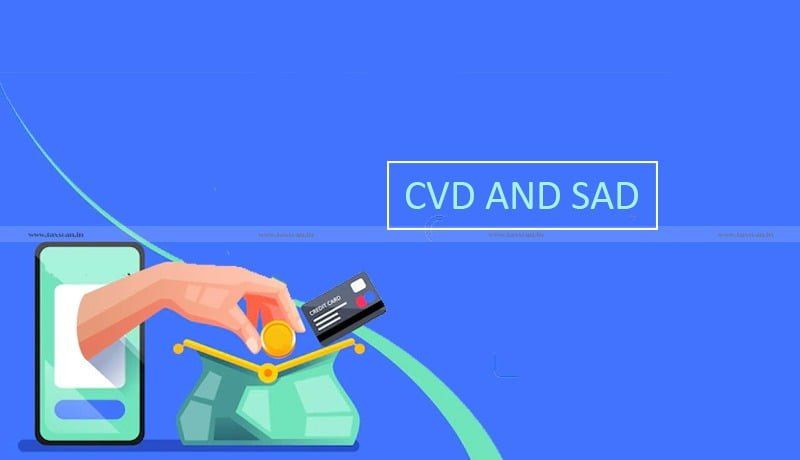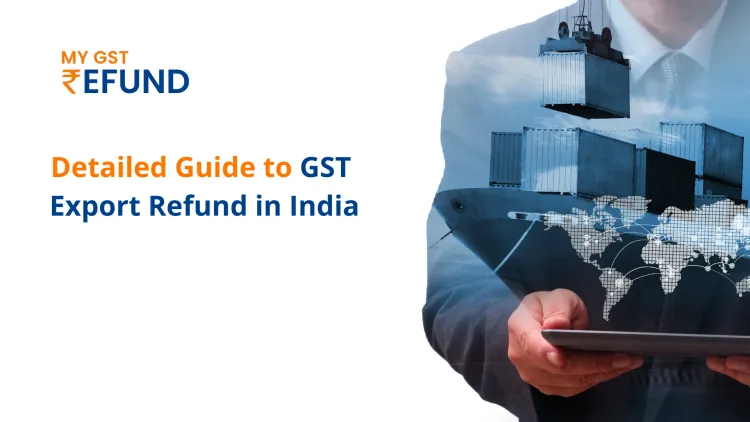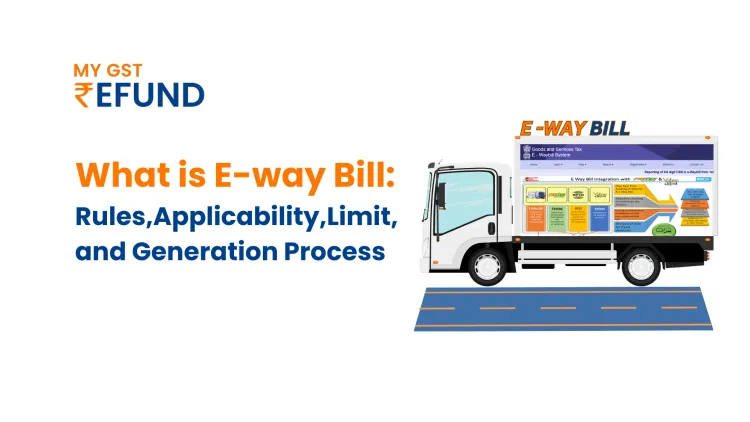Allowed refund of CVD/SAD paid under GST regime to regularize excess import under Advance Authorization
Published on: Sat Jul 02 2022
Facts
Appellants obtained two advance authorizations dated 29.06.2016 & 05.01.2017 issued by the Additional Directorate General of Foreign Trade, Bengaluru. Against such advance authorizations, the appellant imported raw materials without payment of duty. The appellants did not meet the export obligation and consequently a deficiency letter dated 15.03.2019 was issued to them directing them to regularize excess import of inputs made by them. Thereafter, a demand notice was issued by the office of the Commissioner of Customs, Chennai-IV for non-fulfillment of export obligation under the advance authorizations issued to them.
After issuing the demand notice, the Appellant paid the customs duties along with the CVD and Special Additional Duty (SAD) with applicable interest.
In between GST was introduced with effect from 1.07.2017 and the appellant was unable to avail of the input credit of CVD and Special Additional Duty (SAD) paid by them. Appellants were also not able to transfer such credit to GST regime to TRAN 1 credit as the dare of filing TRAN 1 had expired. Therefore, the assessee filed the refund claim.
Export Obligation: Export obligation (EO) in the case of Advance Authorization is the value of export that needs to compulsorily be achieved within a prescribed time period.
The Export Obligation is usually mentioned in the Authorization issued. After achieving the EO, the entity has to provide evidence of the same. Not achieving the EO in the prescribed time period.
Contention from the Respondent
The department has proceeded to deny refunds only on the ground that a demand notice has been issued to the appellant. Further Respondent submitted that If the Appellant avails the refund by reason of fraud, collusion, any willful misstatement or suppression of facts with intent to evade payment of duty then he is not eligible to get the refund.
Contention from the Appellant
Appellant submitted that due to unexpected circumstances, the appellant could not meet the export obligation and resultantly, there were excess imports of inputs. To regularize the situation of excess import, the appellant deposited the Basic Customs Duty, CVD and SAD with applicable interest on 04.04.2019. Rule 3 of Cenvat Credit Rules, 2004 allows a manufacturer to avail credit of the Additional Duties of CVD and SAD paid under Section 3 of Customs Tariff Act, 1975. Therefore, credit of such CVD and SAD is eligible to the appellant. However, due to introduction of the new GST law, the appellant could neither avail credit in cenvat account nor transfer the credit by way of TRAN-1 as TRAN-1 proceedings had lapsed on 27.12.2017. Accordingly, they filed refund claims under Section 11B on 23.03.2020 which is well within one year from the date of payment of duties.
Further, Appellant submitted that credit can be denied only if there is finding that the same has been availed by reason of fraud, collusion, any willful misstatement or suppression of facts with intent to evade payment of duty. In the present case, there is no such finding rendered against the appellant.
Further, in such notice, there is no allegation of any fraud or willful misstatement. He submitted that credit can be denied only if there is a finding of fraud, collusion or willful misstatement or suppression of facts with intent to evade payment of duty and cannot be denied merely because an intimation is given by the department to pay the duty.
Held
The Department is of the view that credit is not eligible as the appellant has paid the duties only after issuing a demand notice. On perusal of the alleged demand notice, it is merely in the nature of an intimation letter and has not been issued invoking any provisions of Customs law or Excise law. Further, in such intimation also, there is no allegation of any fraud, collusion or suppression of facts with intent to evade payment of duty. Court held that there is no evidence placed before us to establish that the duties were paid after adjudication and rendering a finding of fraud, collusion or suppression of fact with intent to evade payment of duty. In such circumstances, the credit cannot be denied. Court held that the appellant is eligible for credit of CVD and SAD paid by them.
Court is of the view that the rejection of refund claims cannot be justified. The impugned orders are set aside. Appeals are allowed with consequential relief, if any, as per law.
Case Name: ITCO Industries Ltd
Related Posts




